Ambassador Mai Phan Dung affirmed that the Geneva Agreement is an important milestone in the history of Vietnamese diplomacy, the crystallization of the heroic struggle of the Vietnamese Revolution.

The Geneva Agreement completely ended the nearly 100-year colonial rule in Vietnam, inspiring national revolutions in countries around the world.
On the occasion of the 70th anniversary of the Geneva Agreement on the Cessation of Hostilities in Vietnam (July 21, 1954 - July 21, 2024), Ambassador Mai Phan Dung - Head of the Permanent Mission of Vietnam to the United Nations, the World Trade Organization (WTO) and other international organizations in Geneva (Switzerland), gave an interview to a reporter of the Vietnam News Agency about this event.
Assessing the significance and historical significance of the 1954 Geneva Agreement on the cessation of hostilities in Vietnam, Ambassador Mai Phan Dung affirmed that the Geneva Agreement was an important milestone in the history of Vietnamese diplomacy, the crystallization of the heroic struggle of the Vietnamese Revolution.
Along with the victory of Dien Bien Phu, the signing of the Geneva Agreement successfully ended the resistance war against French colonialism and ended the domination of old colonialism in Vietnam.
In this sense, the agreement has also created great inspiration and encouragement for the national liberation movement across the five continents, for independence, freedom, peace, democracy, progress and social justice around the world.
Regarding the role of the Geneva Agreement in Vietnam's two resistance wars against French colonialism and American imperialism, Ambassador Mai Phan Dung stated that the agreement opened a new strategic period for the Vietnamese Revolution: building socialism in the North, while simultaneously carrying out the people's national democratic revolution in the South to fully realize the goal of national independence and national unification, with the whole country building socialism together.
According to him, the negotiation and signing of the Geneva Agreement in 1954 created the premise for our people to realize their aspirations for peace, independence, unification and prosperous national development.
Referring to the role of the Communist Party of Vietnam as well as Vietnam's revolutionary diplomacy reflected in the achievement of the 1954 Geneva Agreement on the cessation of hostilities in Vietnam, Ambassador Mai Phan Dung affirmed that Vietnam's victory at the Geneva Conference originated from the correct revolutionary line and the wise leadership and direction of the Party and President Ho Chi Minh.
Goodwill, peace-loving ideology, and the principle of peace in dealing with international relations, which have become the tradition and identity of the Vietnamese people, were turned by the Party and President Ho Chi Minh into the basic foundation, creating the path leading to the Geneva Conference and Agreement.
The Party has put forth correct revolutionary policies, guidelines and strategies, opened a proactive diplomatic front, closely coordinated and unified with political and military fronts to create a combined strength, and ensure the highest national interests.

The 1954 Geneva Conference was the first major multilateral international conference that Vietnam attended to negotiate and sign international treaties with all major countries, proactively protecting and implementing its interests.
According to Ambassador Mai Phan Dung, at this conference, in order to find a way to end the war in the most beneficial way and at the most favorable time for the country, with the fulcrum of military victory on the battlefield, especially the Dien Bien Phu victory, Vietnamese diplomacy affirmed the mindset, intelligence, mettle and character of a nation with thousands of years of civilization, the position of an independent, sovereign and peace-loving nation.
According to Ambassador Mai Phan Dung, after 70 years, the negotiation, signing and implementation of the Geneva Agreement still leaves valuable lessons for the cause of national construction, protection and development, and is a valuable handbook on principles, methods and the art of diplomacy, imbued with the identity of Vietnamese diplomacy in the Ho Chi Minh era.
First, it is a lesson in steadfast independence and autonomy on the basis of national and ethnic interests, helping future generations understand more deeply the value of the principle of independence and autonomy in international affairs.
The second is the lesson of combining national strength with the strength of the times, linking national solidarity with international solidarity.
Besides maximizing the strength of the righteous flag and the great national unity bloc, the Party has had the correct policy of constantly expanding international solidarity with peace-loving countries and peoples around the world.
The third lesson is about being steadfast in goals and principles, yet flexible in strategy according to the motto "with the unchanging, adapt to all changes."
The fourth lesson is the importance of researching, evaluating and forecasting the situation, "knowing oneself," "knowing others," "knowing the times," "knowing the situation" in order to "know how to advance," "know how to retreat," "know how to be firm," "know how to be gentle."
The fifth is the lesson of using dialogue and peaceful negotiations to resolve disagreements and conflicts in international relations, especially in the current world context of many complex conflicts.
Finally, the overarching lesson is the Party's unified and absolute leadership over the revolutionary cause of the Vietnamese people in general and the diplomatic front in particular./.
Source


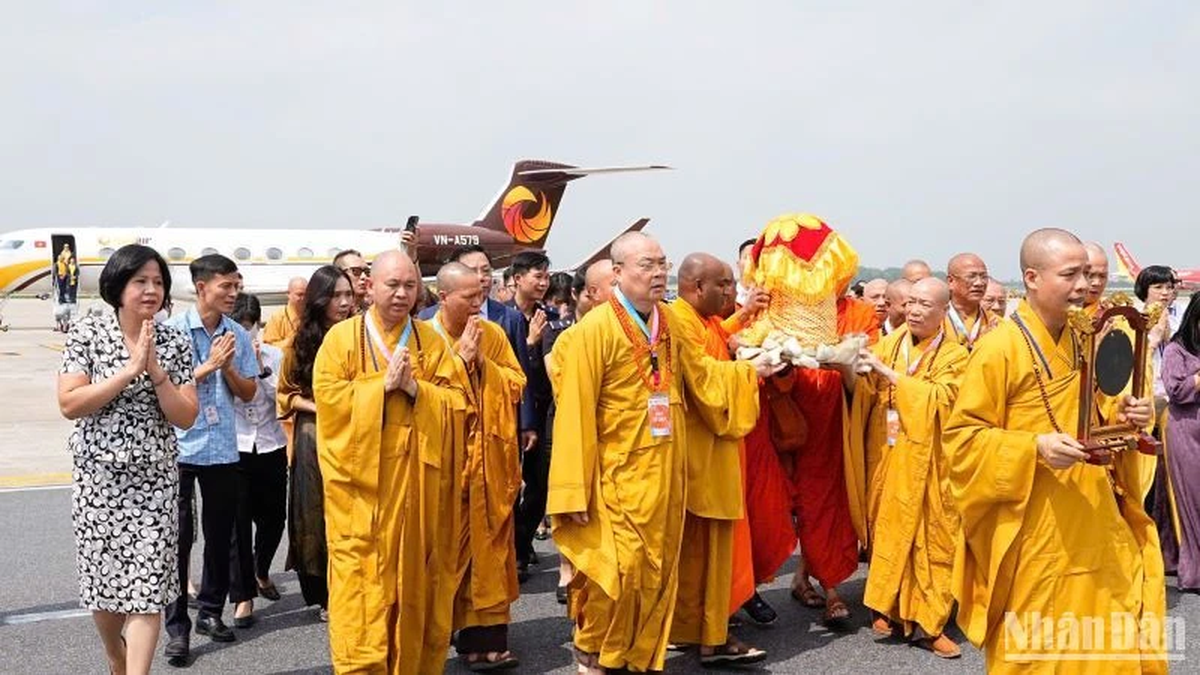
![[Photo] President Luong Cuong awarded the title "Heroic City" to Hai Phong city](https://vphoto.vietnam.vn/thumb/1200x675/vietnam/resource/IMAGE/2025/5/13/d1921aa358994c0f97435a490b3d5065)
![[Photo] Many people in Hanoi welcome Buddha's relics to Quan Su Pagoda](https://vphoto.vietnam.vn/thumb/1200x675/vietnam/resource/IMAGE/2025/5/13/3e93a7303e1d4d98b6a65e64be57e870)
![[Photo] Prime Minister Pham Minh Chinh receives Ambassador of the French Republic to Vietnam Olivier Brochet](https://vphoto.vietnam.vn/thumb/1200x675/vietnam/resource/IMAGE/2025/5/13/f5441496fa4a456abf47c8c747d2fe92)
![[Photo] President Luong Cuong attends the inauguration of the international container port in Hai Phong](https://vphoto.vietnam.vn/thumb/1200x675/vietnam/resource/IMAGE/2025/5/13/9544c01a03e241fdadb6f9708e1c0b65)


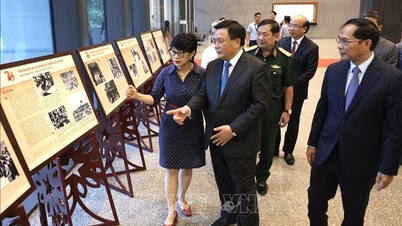
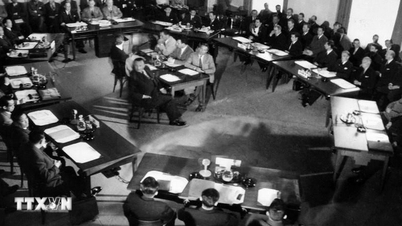
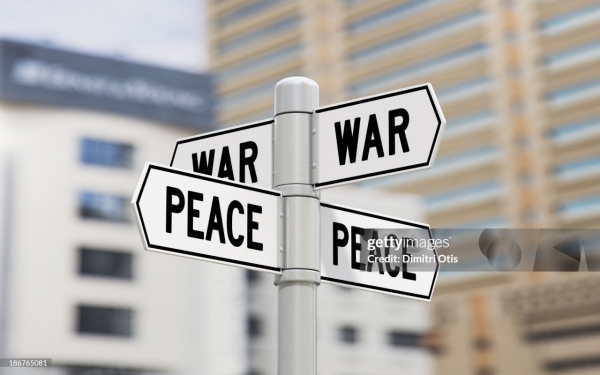


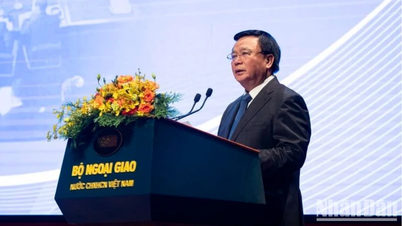



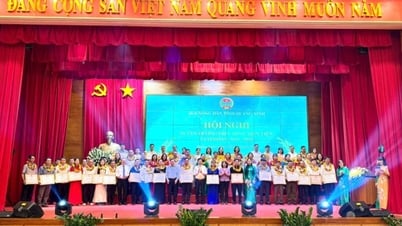

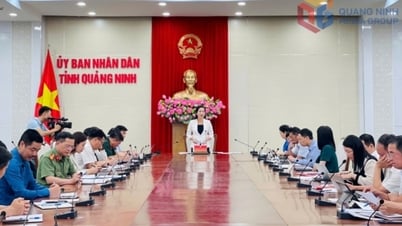








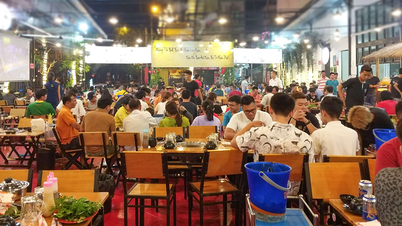


















































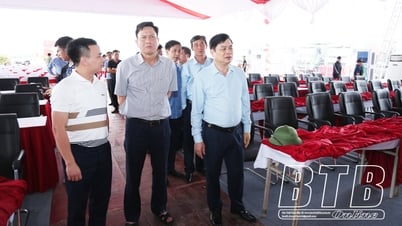

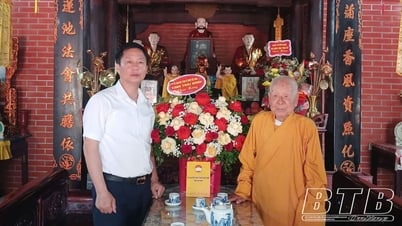
















Comment (0)